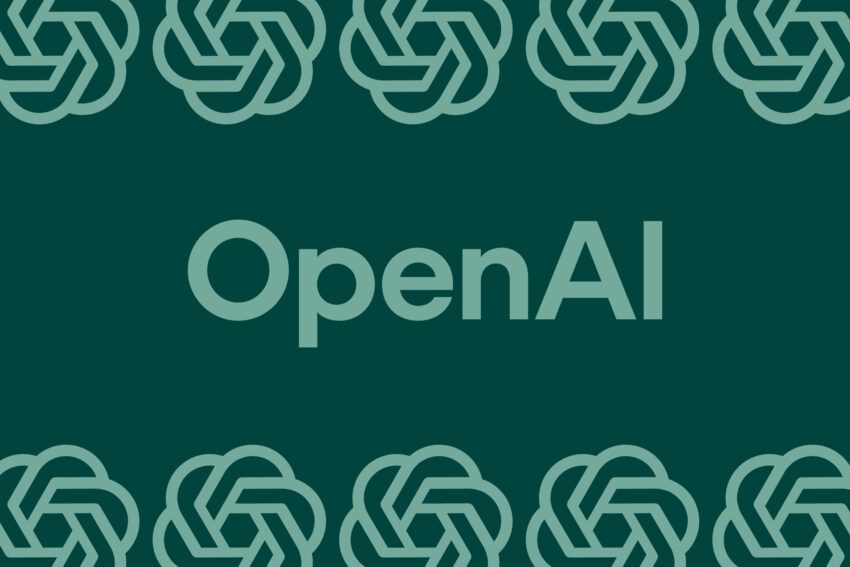
openai allegedly sent police to an ai OpenAI has reportedly taken a controversial step by allegedly sending police to serve a subpoena to an advocate for AI regulation, raising questions about the implications of such actions in the tech industry.
openai allegedly sent police to an ai
Incident Overview
Nathan Calvin, a lawyer affiliated with Encode AI, a nonprofit organization focused on advocating for safety in artificial intelligence, claims that OpenAI sent a sheriff’s deputy to his home to deliver a subpoena. This incident occurred on a Tuesday night while Calvin was having dinner with his wife. In a post on X (formerly Twitter), Calvin detailed the experience, stating, “One Tuesday night, as my wife and I sat down for dinner, a sheriff’s deputy knocked on the door to serve me a subpoena from OpenAI.” He emphasized that the subpoena was not only directed at him personally but also targeted Encode AI, demanding private communications with California legislators, college students, and former OpenAI employees.
Context of the Subpoena
The subpoena appears to be part of a broader legal strategy by OpenAI in its ongoing countersuit against Elon Musk. OpenAI alleges that Musk has engaged in “bad-faith tactics to slow down OpenAI,” which has raised concerns about the motivations behind the subpoena. Calvin expressed his belief that OpenAI is using the lawsuit as a pretext to intimidate critics and to suggest that Musk is behind their advocacy efforts. This situation highlights the complex relationship between powerful tech companies and those who seek to regulate them.
Background on Encode AI and Legislative Advocacy
Encode AI is dedicated to promoting safety and ethical standards in artificial intelligence. The organization has been vocal in its advocacy, recently drafting an open letter that questions OpenAI’s commitment to its nonprofit mission amidst ongoing corporate restructuring. This restructuring has raised eyebrows, particularly in light of the significant financial backing that OpenAI has received. The organization has also been instrumental in pushing for California’s SB 53, a landmark bill signed into law in September that mandates large AI companies to disclose information about their safety and security processes.
SB 53 represents a significant step toward regulating AI technologies, aiming to ensure that companies prioritize safety and transparency. The bill has been met with both support and criticism, reflecting the ongoing debate about the role of regulation in the rapidly evolving AI landscape. Calvin’s involvement in advocating for this legislation underscores the tensions between tech companies and those who seek to hold them accountable.
Implications of OpenAI’s Actions
The decision by OpenAI to issue subpoenas to advocates raises critical questions about the implications of such actions. Critics argue that using legal tactics to intimidate those advocating for regulation is a troubling precedent. Calvin remarked, “This is not normal. OpenAI used an unrelated lawsuit to intimidate advocates of a bill trying to regulate them. While the bill was still being debated.” This sentiment reflects a growing concern among advocates and policymakers about the potential for tech companies to leverage their power to silence dissent.
Moreover, the use of subpoenas in this context could have a chilling effect on advocacy efforts. Individuals and organizations may hesitate to speak out against powerful companies if they fear legal repercussions. This dynamic could stifle important discussions about the ethical implications of AI technologies and hinder the development of necessary regulations.
Reactions from the AI Community
The incident has sparked a range of reactions from various stakeholders in the AI community. Joshua Achiam, OpenAI’s head of mission alignment, responded to Calvin’s post on X, expressing concern about the implications of OpenAI’s actions. Achiam stated, “At what is possibly a risk to my whole career I will say: this doesn’t seem great. We can’t be doing things that make us into a frightening power instead of a virtuous one. We have a duty to and a mission for all of humanity. The bar to pursue that duty is remarkably high.” Achiam’s comments suggest an internal conflict within OpenAI regarding the appropriateness of its legal strategies and the potential impact on its public image.
Concerns from Advocacy Groups
Tyler Johnston, the founder of The Midas Project, an AI watchdog group, also reported receiving subpoenas from OpenAI. Johnston indicated that the subpoenas requested a comprehensive list of individuals and organizations that The Midas Project has engaged with regarding OpenAI’s restructuring. This request raises further concerns about the extent to which OpenAI is willing to go to monitor and potentially suppress dissenting voices.
Advocacy groups have expressed alarm over the implications of these subpoenas, viewing them as an attempt to undermine the efforts of those working to ensure accountability in the AI sector. The chilling effect of such actions could deter individuals from participating in discussions about AI regulation, ultimately hindering progress in establishing necessary safeguards.
Legal and Ethical Considerations
The legal ramifications of OpenAI’s actions are significant. Subpoenas are typically used in legal proceedings to compel individuals or organizations to provide information or documents relevant to a case. However, the use of subpoenas against advocates raises ethical questions about the appropriateness of such tactics in the context of public discourse and advocacy.
Legal experts have pointed out that while companies have the right to protect their interests in legal disputes, using the legal system to intimidate critics can undermine the principles of free speech and open dialogue. The potential for abuse of legal mechanisms to silence dissent is a concern that resonates across various sectors, particularly in technology, where rapid advancements often outpace regulatory frameworks.
The Role of Regulation in AI
The ongoing debate about AI regulation is underscored by incidents like this one. As AI technologies continue to evolve and permeate various aspects of society, the need for effective regulation becomes increasingly apparent. Advocates argue that clear guidelines and accountability measures are essential to ensure that AI is developed and deployed responsibly.
Regulatory frameworks like California’s SB 53 represent a proactive approach to addressing the challenges posed by AI technologies. By mandating transparency and safety measures, such legislation aims to protect the public interest and foster trust in AI systems. However, the resistance from powerful tech companies, as evidenced by OpenAI’s actions, highlights the challenges advocates face in pushing for meaningful reforms.
Conclusion
The incident involving OpenAI and Nathan Calvin raises critical questions about the relationship between powerful tech companies and advocates for regulation. The use of subpoenas to intimidate those advocating for accountability is a troubling development that could have far-reaching implications for public discourse and advocacy efforts in the AI sector. As the debate over AI regulation continues, it is essential for stakeholders to engage in open dialogue and work collaboratively to establish frameworks that prioritize safety, transparency, and ethical considerations.
Source: Original report
Was this helpful?
Last Modified: October 11, 2025 at 2:38 am
3 views















